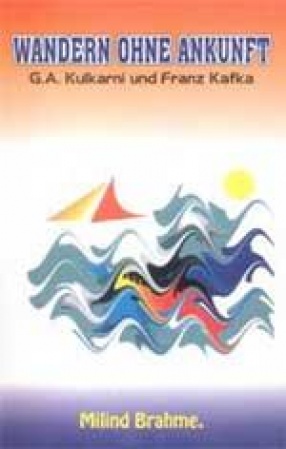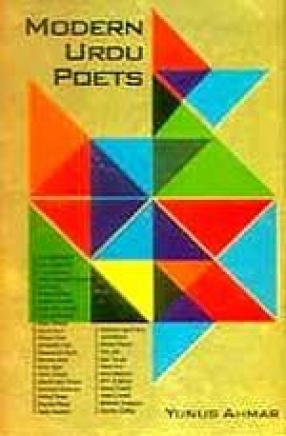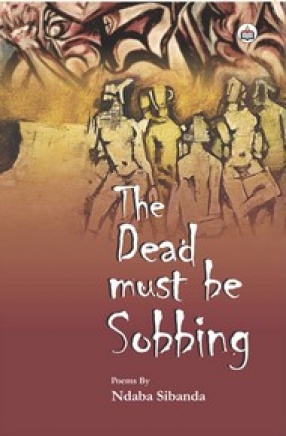This work presents a comparative reading of some of Franz Kafka’s (1883-1924) works together with those of the Marathi Writer, G. A. Kulkarni (1923-1987). Despite being literary creations of different times in history and of dissimilar socio-cultural milieus, there is a striking thematic similarity between the texts that one cannot ignore. The futile attempts of modern man at gaining absolute knowledge, at reaching a final destination, at arriving, and thus freeing himself from the angst, which pervades his existence-the paradox of every goal-rational activity ending in futility is the foundation of their work. In spite of the difference in the culture-specific topoi that the two writers use to articulate their world-view, what their metaphoric reveals is essesntially the ethical necessity of constantly questioning logo-centric, uncritical thinking and behaviour, to reject all forms of institutionalizing relationships, whether with other human beings or with the numious. This act of questioning constitutes their unending search for truth and is the common ethical-epistemological thread that runs through their entire work. The repetitiveness with which human inability and failure are portrayed by Kafka and Kulkarni have led to their being branded as pessimist, regressive, nihilist and even neurotic. However, this judgement itself is a consequence of a conditioned mind believing in a notion of a final destination. Wandern ohne Ankunft (Wandering without (arriving at) a Final Destination)discards the notion of finality at the very outset. It is possible to come to the understanding that the repetitive portrayal of human failure itself portrays a conscientious, uncompromistingly self-critical attempt on the part of two sensitive minds at understanding themselves-the world around and the world within. Writing becomes a form of self-reflection, positing its own necessity. The world without has become the world within and vice-versa. Positivism turns in and becomes reflective. The readings of both writers reveal an essentially existentialist world-view, which does not reject life but welcomes it in its totality. The process of writing about life is the process of living. The process of the process of living. The process of participative reading also becomes a metaphor of the process of the reader’s life. The narrator, the character and the participative reader meet in the story, find themselves in it and part only to meet again elsewhere in the same story.
Wandern Ohne Ankunft: G.A. Kulkarni und Franz Kafka
In stock
Free & Quick Delivery Worldwide
reviews
Bibliographic information
Title
Wandern Ohne Ankunft: G.A. Kulkarni und Franz Kafka
Author
Edition
1st ed.
Publisher
ISBN
8188684023
Length
xxiv+167p., Bibliography; 23cm.
Subjects





There are no reviews yet.